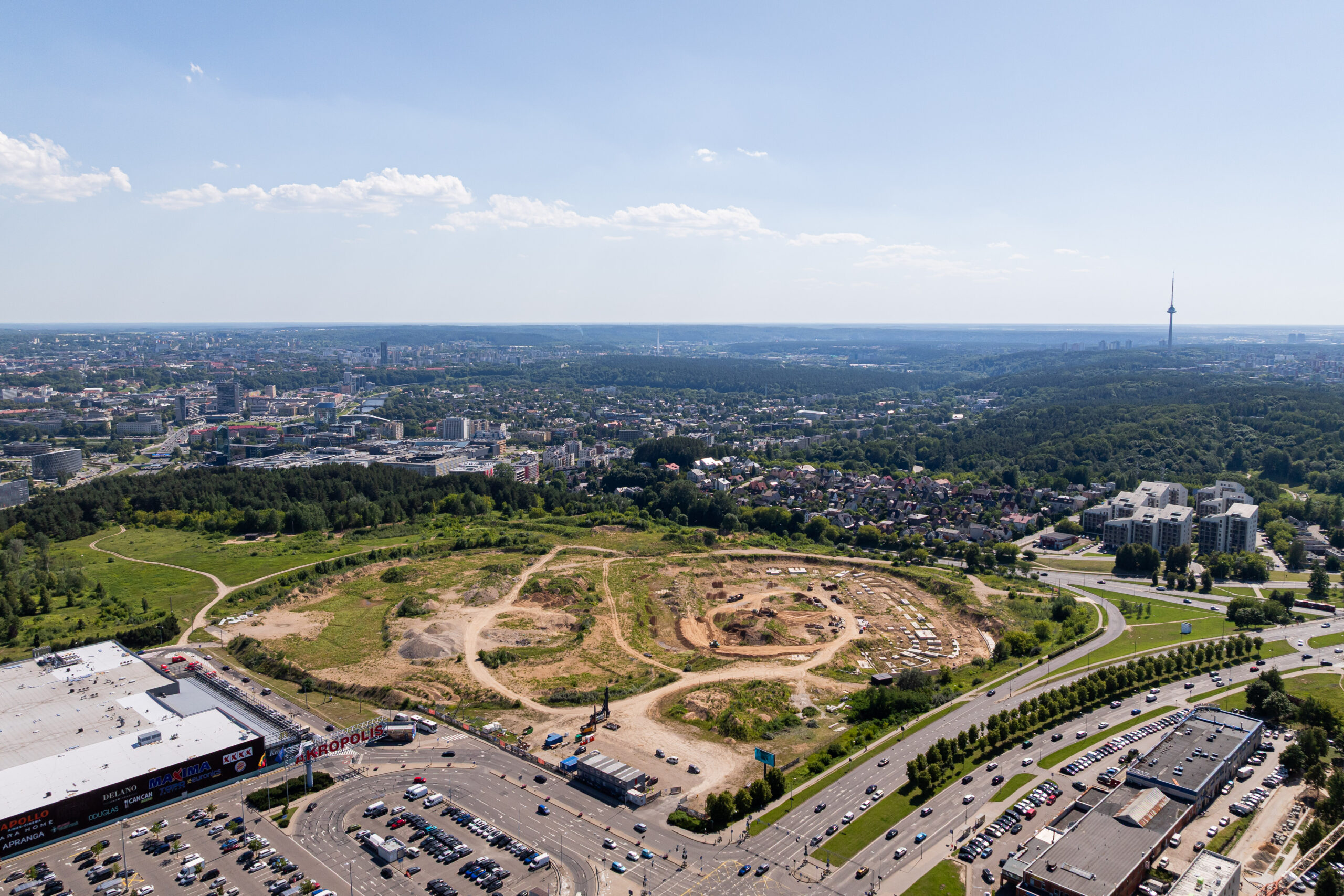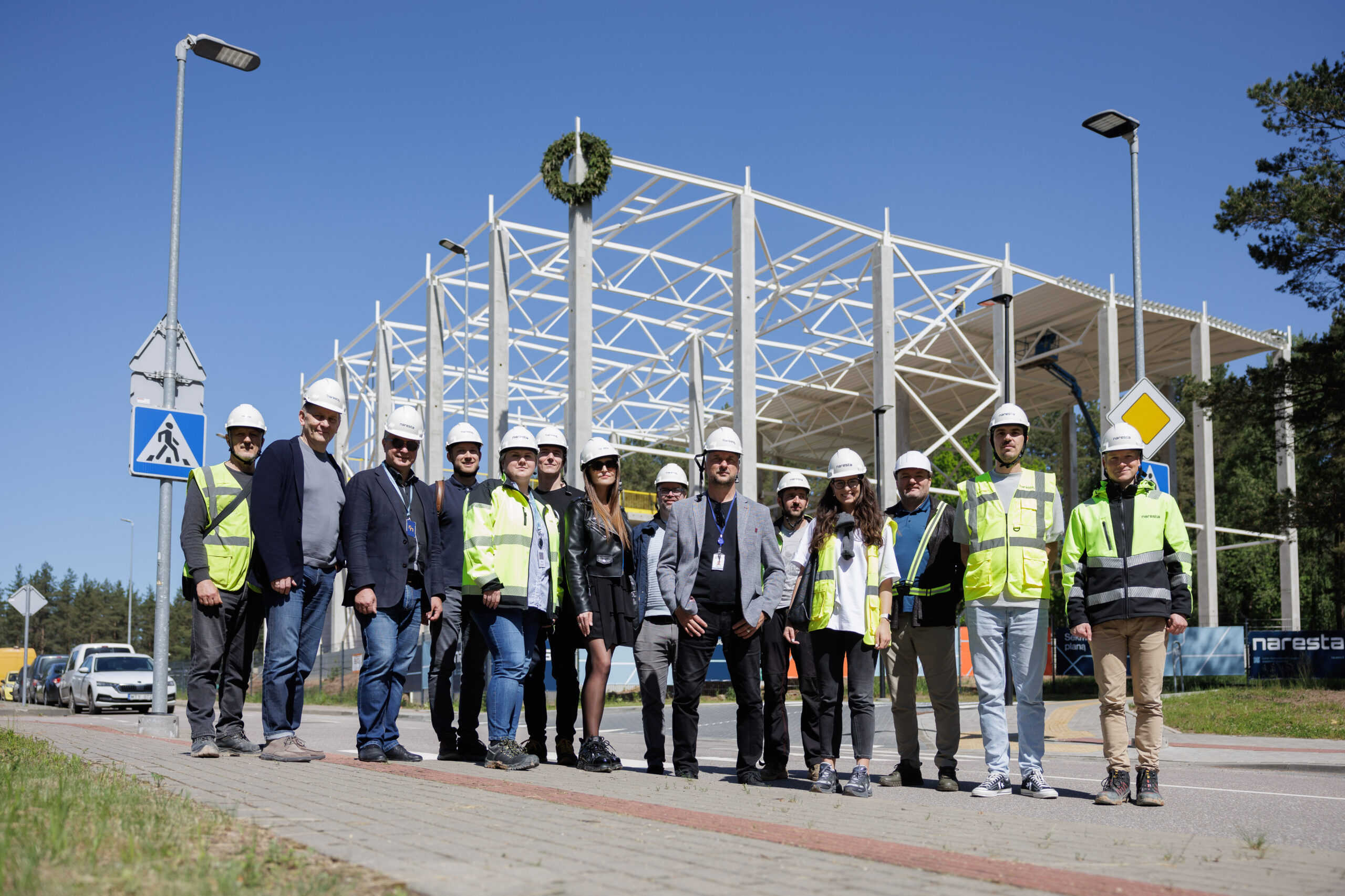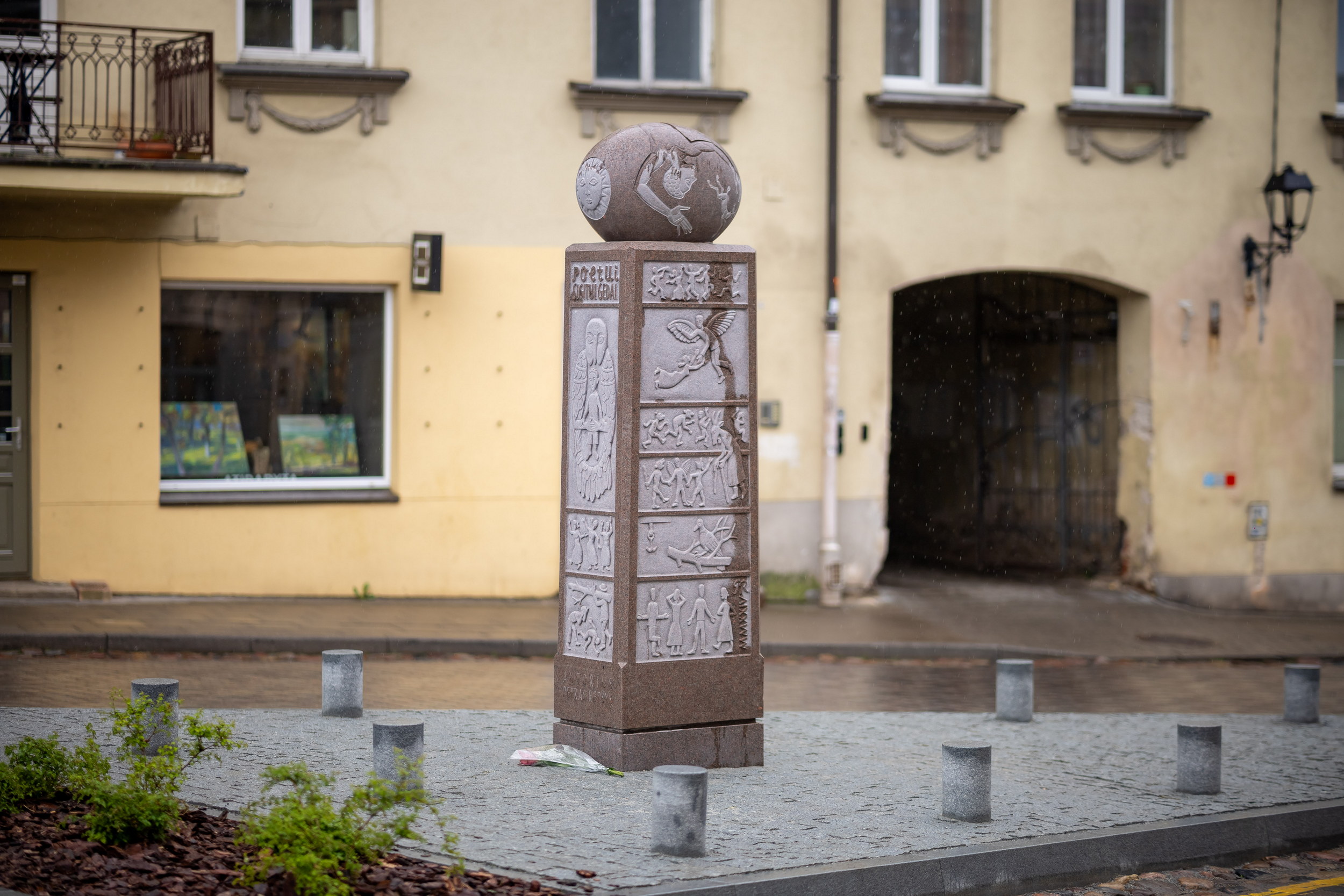Tadas Grincevičius: Temporary window of opportunity for those planning construction

We are all well aware that in recent years, due to geopolitical and economic turbulence, uncertainty, slower and more cautious investments in the Lithuanian construction market, the number of tenders has decreased. In the European context, we are not very exceptional, we observe similar trends across the continent. For example, the number of building permits issued in Germany last year decreased by 12%, while the construction market contracted by almost 6%, the number of building permits in France decreased by 15%, the residential real estate market by 8%, the number of permits issued in Italy decreased by 10%, and in Spain — by 8%.
Similar trends are still continuing. This means increased competition between construction companies seeking to maintain or increase their activity, and at the same time smaller margins, more competitive offers. In other words, today’s market is especially favourable for customers planning to develop new projects. More insightful market participants rush to take advantage of it, as we can already predict when the situation will start to change – returning to normal rhythms.
In tenders — both known and unheard names
In previous years, as the construction sector volumes were increasing annually, tenders were attended by just a few participants, and clients often had to personally invite desired builders to submit their proposals and even adapt to their busy schedules, we have been living by completely different rules of the game for the second year.
When the number of construction tenders for new projects decreases, sometimes up to ten companies participate in them. Market veterans, major companies, and new or lesser-known names are competing for the opportunity to implement the project. There is also a particular focus on low prices, which can sometimes even affect the quality of tenders, where some bidders comply with lower requirements for site installation, work safety or other aspects of particular importance in this market.
Lower margins are a temporary market standard
In competition with each other, construction companies offer more competitive prices. We are not an exception in Europe either. Analysis by construction market experts shows that, for example, in Germany and France, bids for construction prices in tenders last year and this year may have decreased by as much as 10% This is partly explained by a 5% decrease in the cost of construction materials on average in the European market, although it is offset by rising labour costs.
However, increased competition remains the main driver of more attractive offers for customers, both in Lithuania and in other European countries.
Opportunities for developers and others planning to build
The current situation has opened unique, attractive but temporary window of opportunity for real estate developers and other construction-planning businesses. Increased competition means that the frequent tenders announced today will receive a lot of participants and proposals, ensuring not only a better price, but also wider options for other aspects: Quality standards, operational principles, teams, deadlines and other decisive factors in which developers in periods of active economic growth have a little less freedom.
We see that experienced market players discover this window of opportunity: There are discussions about a number of future projects, the conditions of which developers or other clients want to confirm already. This is a fairly logical step in assessing the short-term prospects in the Lithuanian and European construction market.
When will prices rise again?
The construction market in Lithuania is expected to become active again due to a significant number of large projects pouring into it. Among the most important planned constructions are the Rheinmetall Artillery Ammunition Factory, the Rūdninkai Polygon and other state-initiated military industrial objects, the National Stadium, the Concert Hall “House of the nation”, the Akropolis Vingis, the “Darnu Group” project in Užusienis, the quarter of offices, apartments, shopping, and leisure zones “Horizontai” in the central business district of Vilnius.
These and other projects planned and expected in the market should return the supply-demand ratio to a more common, long-term trend and some stability, which again is likely to lead to a decrease in competition and a return to the previous level.
According to the European Commission’s forecast, the economic situation across the EU will start to improve next year, when inflation stabilizes and investment conditions become more favourable. This will lead to a demand increase, better financing conditions and bigger investment in construction projects.
For example, Germany is expected to start recovering in the second half of this year, with an average growth rate of around 1% next year.
In France, we should still be looking at a 6% decline in the construction market this year, but a noticeable recovery is expected at the beginning of next year due to significant investments in public transport infrastructure and the improvement of the overall economic situation.
All these aspects and the situation in the major European markets have a direct impact on us as well, therefore, when planning future investments, it is important to take into account not only forecasts for Lithuania, but also general trends in Europe. We are currently monitoring a situation where the window of opportunity for developers should close within the next year.



